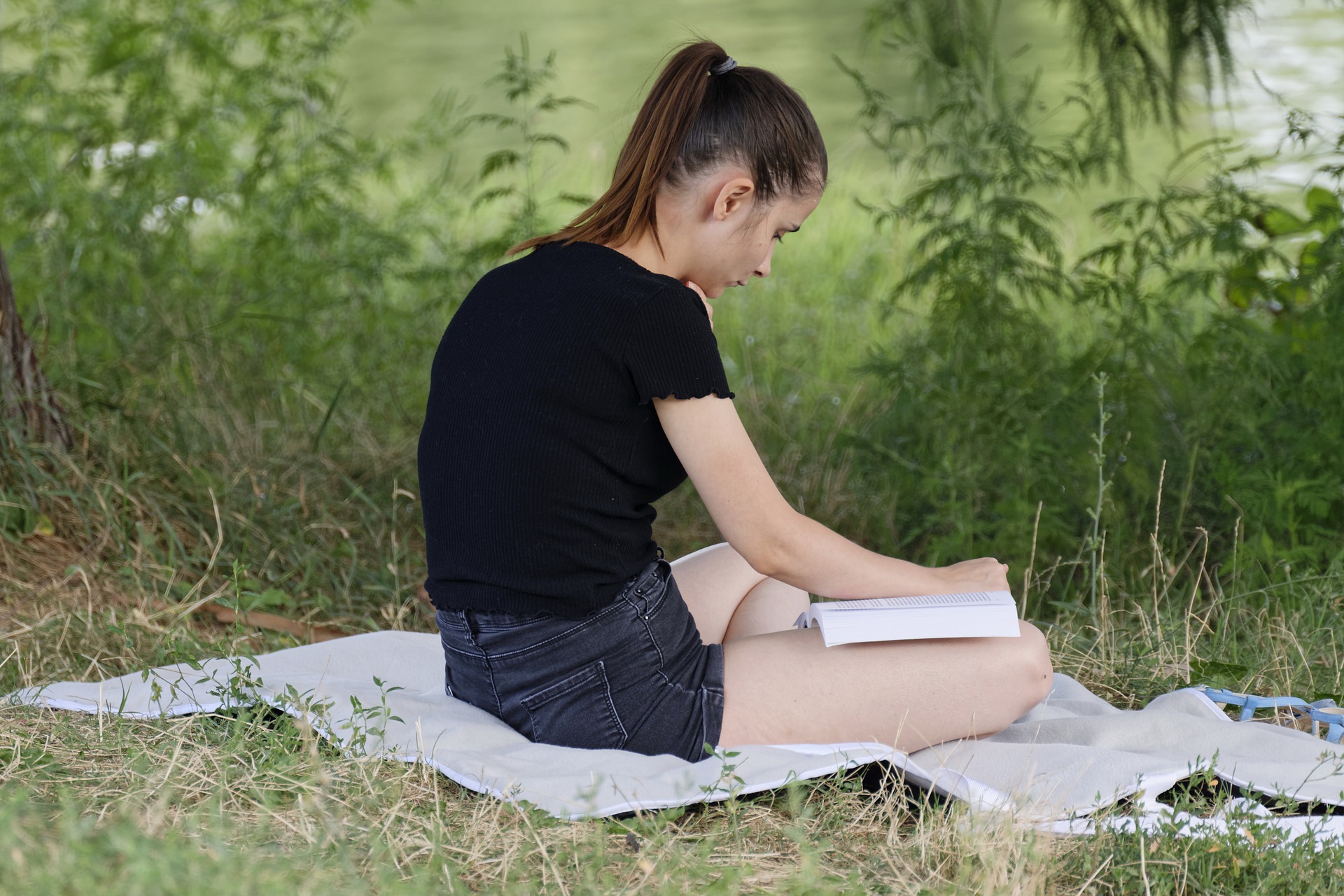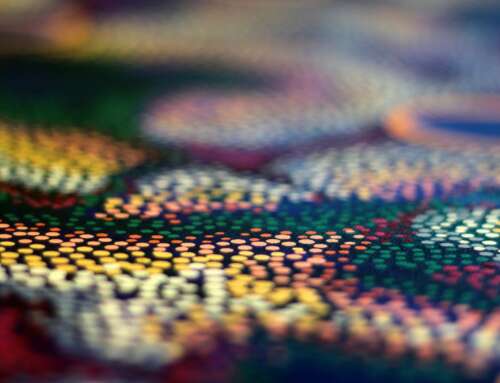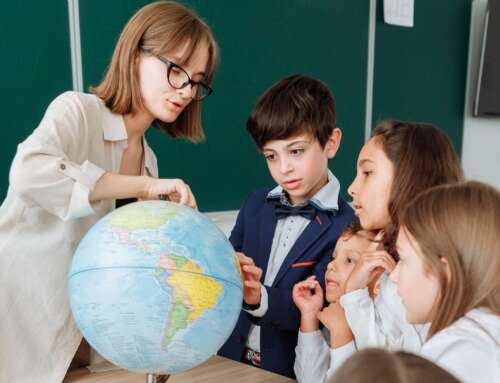Alfred Tatum, a US education professor specialising in literacy for African American boys, coined the term “bookprint”. He said it’s something we all have – a list of books that have impacted how we see ourselves and the world.
What we read matters. Reading shapes the way we see the world, increases our understanding of others, and helps us imagine different narratives for ourselves.
School holidays are an ideal time for teenagers to expand their reading repertoire and pay attention to the bookprint they are creating (and is being created for them). It is important for young people to read literature that reflects their own life and also expands their experiences of the world.
In this spirit, we suggest five Australian texts that connect with diverse teenagers’ experiences and interests. This is not a quintessential list, but one designed to enhance any young person’s bookprint, at different ages and stages. These texts are by Australian writers, and written in the past five years.
1. Terra Nullius by Clare G. Coleman
Recommended for ages 16+
In Terra Nullius, Clare G. Coleman offers older teenagers the opportunity to immerse themselves in an imaginative response to colonisation.
This book is an example of both climate fiction and speculative fiction. Climate fiction enables older teenagers to think about the implications of climate change from diverse perspectives, while speculative fiction encourages readers to use their imaginations to consider different futures or pasts.Coleman’s creative representation holds both history and potential futures in tension, and an unexpected plot twist engages and provokes the imagination.
The Tribe by Michael Mohammed Ahmad
Recommended for ages 13+
The Tribe was Ahmed’s first work of fiction. It insightfully considers issues of identity, family, community, loyalty and love.The Tribe, by Arab-Australian writer, editor, teacher and community arts worker Michael Mohammed Ahmad, is short but powerful. It focuses on the experiences of Bani, an Arab-Australian boy, his family and their wider community.
The text makes clear both the struggle and beauty at the heart of one immigrant family’s experiences of being Australian. The book is richly descriptive, and the reader is carried into the home that is the centre of Bani’s world.
3. The Yield by Tara June Winch
Recommended for ages 16+
What does it mean to know the language of your country?
After her grandfather’s death, August Gondiwindi returns to her family’s land. The story of her return is interspersed with the dictionary written by her grandfather before his death.The question of language, lost and found, begins Tara June Winch’s latest novel. The Yield traces the history of a family in Massacre Plains on the banks of the Murrumby River.
These complementary narratives reveal the complexity of place, voice, language and family in the Australian context and force a consideration of what has been lost.
While moments of violence and dispossession are central to the story, there is also tenderness and beauty in this novel by one of Australia’s most exciting authors.
4. Growing Up African in Australia, edited by Maxine Beneba Clarke
Recommended for ages 15+
Growing Up African draws from a range of authors including disability advocate Carly Findlay, journalist and filmmaker Santilla Chingaipe, Harry Potter and the Cursed Child star Kirsty Marillier, and many more.Growing Up African in Australia is this year’s addition to the popular and groundbreaking Growing Up series, which includes Growing up Queer in Australia and Growing up Disabled in Australia.
Like the others in the Growing Up series, this compilation acts as an intersection at which we can reflect on the similarities and differences of young people growing up across the country.
One section of the anthology, named “The Body”, is particularly noteworthy, with a range of authors describing their experiences grappling with body difference and self esteem.
For some young readers this will provide a moment of “I thought it was just me”. It might help others to see cultural beauty standards – and the challenges of growing up within them – through another’s point of view.
5. Meet Me at the Intersection, edited by Rebecca Lim and Ambelin Kwaymullina
Recommended for ages 13+
Like the Growing Up series, this new collection offers much-needed new voices and perspectives for young adult readers.
Including a range of established and emerging writers, this collection reminds us identities are complex, created at the intersections of race, disability and sexuality, and that we are collectively a richer nation if all voices can be heard.Conceived as a collection of stories about marginalised people, told by people from these marginalised groups, Meet Me at the Intersection presents stories, poems, and memoirs from First Nations writers, writers living with a disability, LGBTIQA+ writers and writers from diverse cultural backgrounds.
As our research has shown, contemporary Australian fiction, for a range of reasons, is often omitted in school curricula.
Historically underrepresented people including Aboriginal writers, writers of colour, migrant writers, queers writers and writers living with disability are particularly underrepresented.
Yet, we know it is of paramount importance Australian teenagers are able to locate their literary imaginations locally as well as globally, and that reading texts by and about diverse Australians will change the ways all young people see themselves and their communities.
For a longer list of Australian texts both historical and contemporary, see the Reading Australia website. This resource is designed for teachers, but is also a great starting place for parents and teenagers.
Larissa McLean Davies, Associate Professor Language and Literacy Education, University of Melbourne; Jessica Gannaway, Lecturer, University of Melbourne; Lucy Buzacott, Research Manager, University of Melbourne, and Sarah E. Truman, Researcher, University of Melbourne
This article is republished from The Conversation under a Creative Commons license. Read the original article.
Feature image source: Pixabay
![]()








Leave A Comment